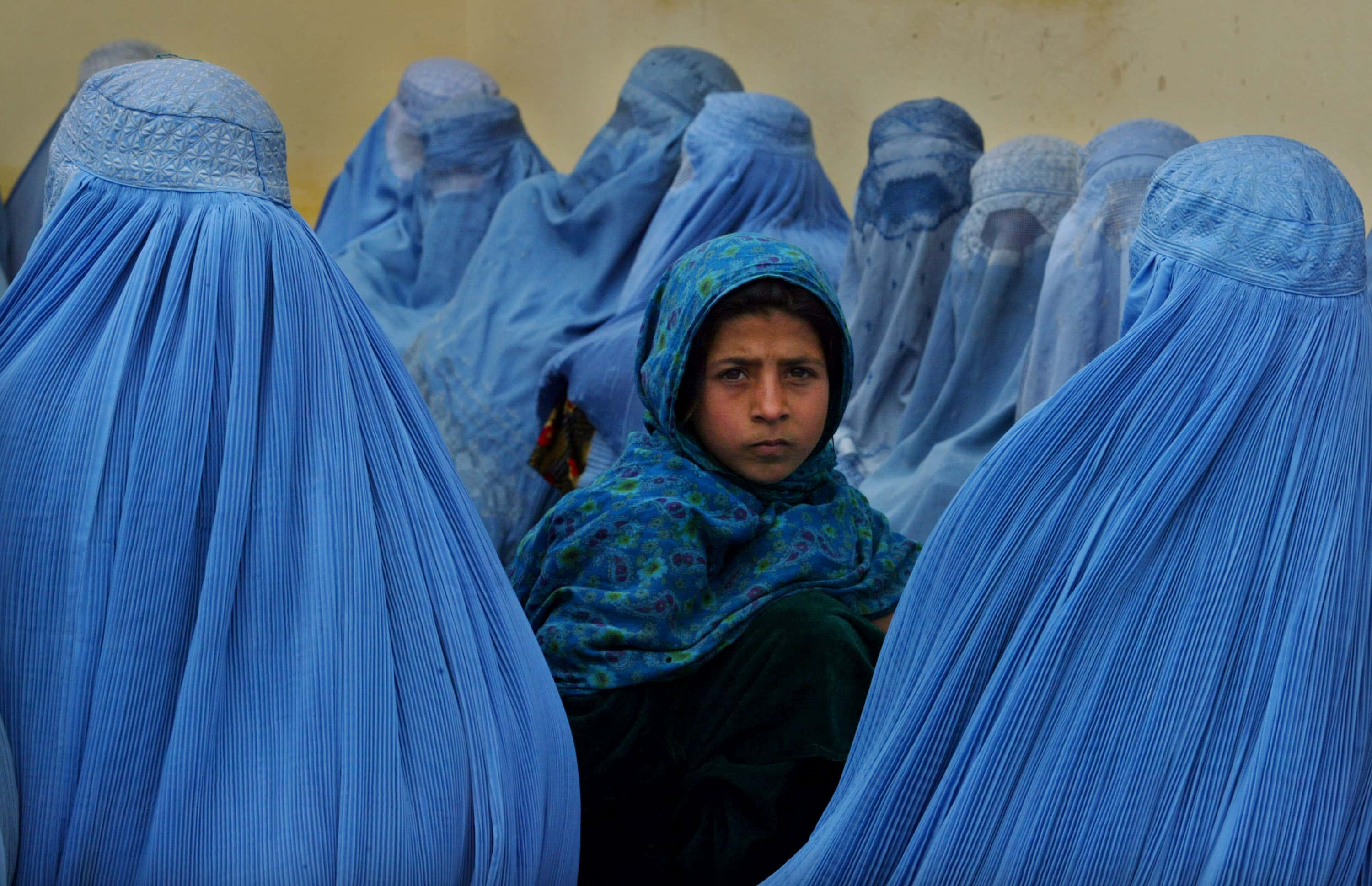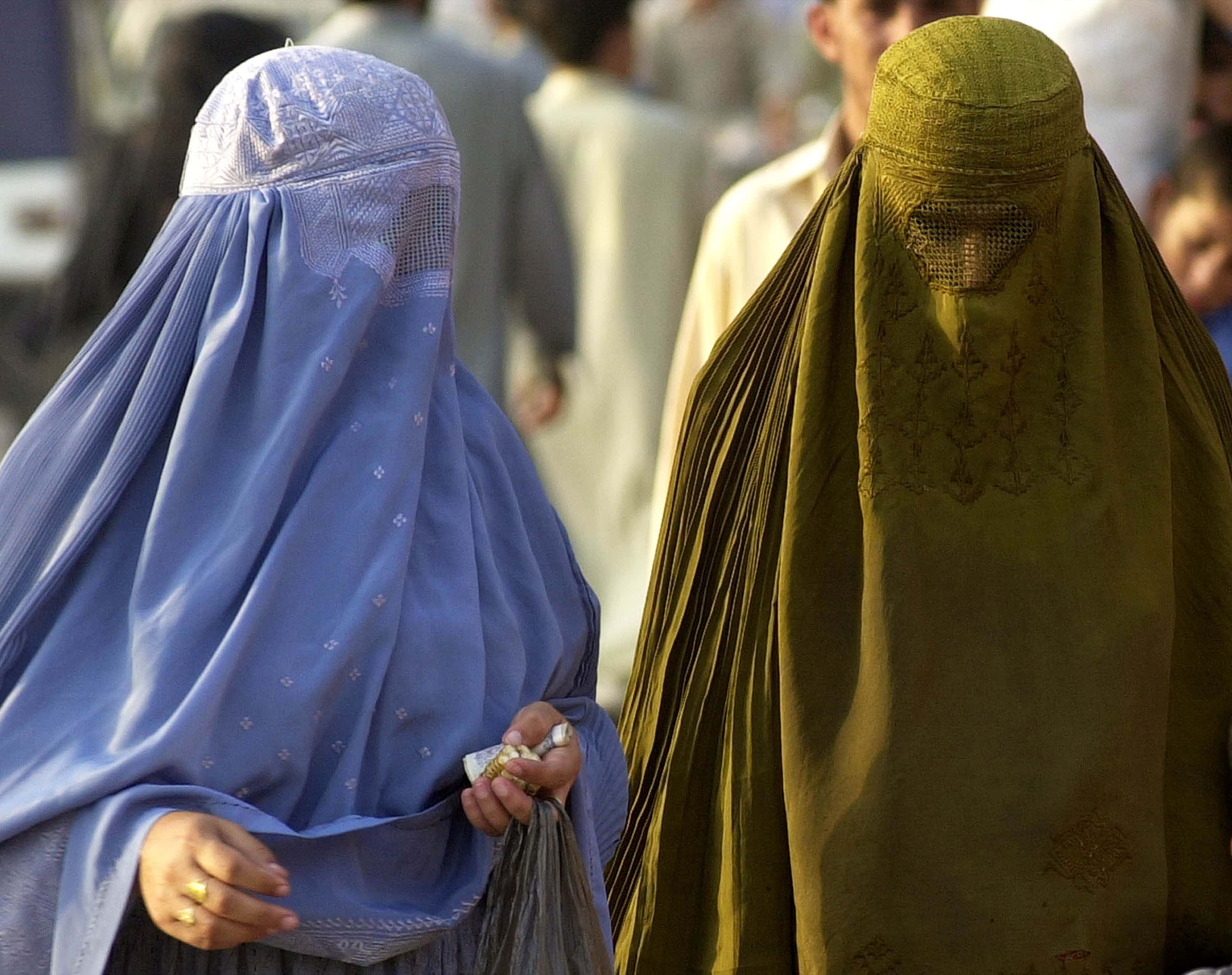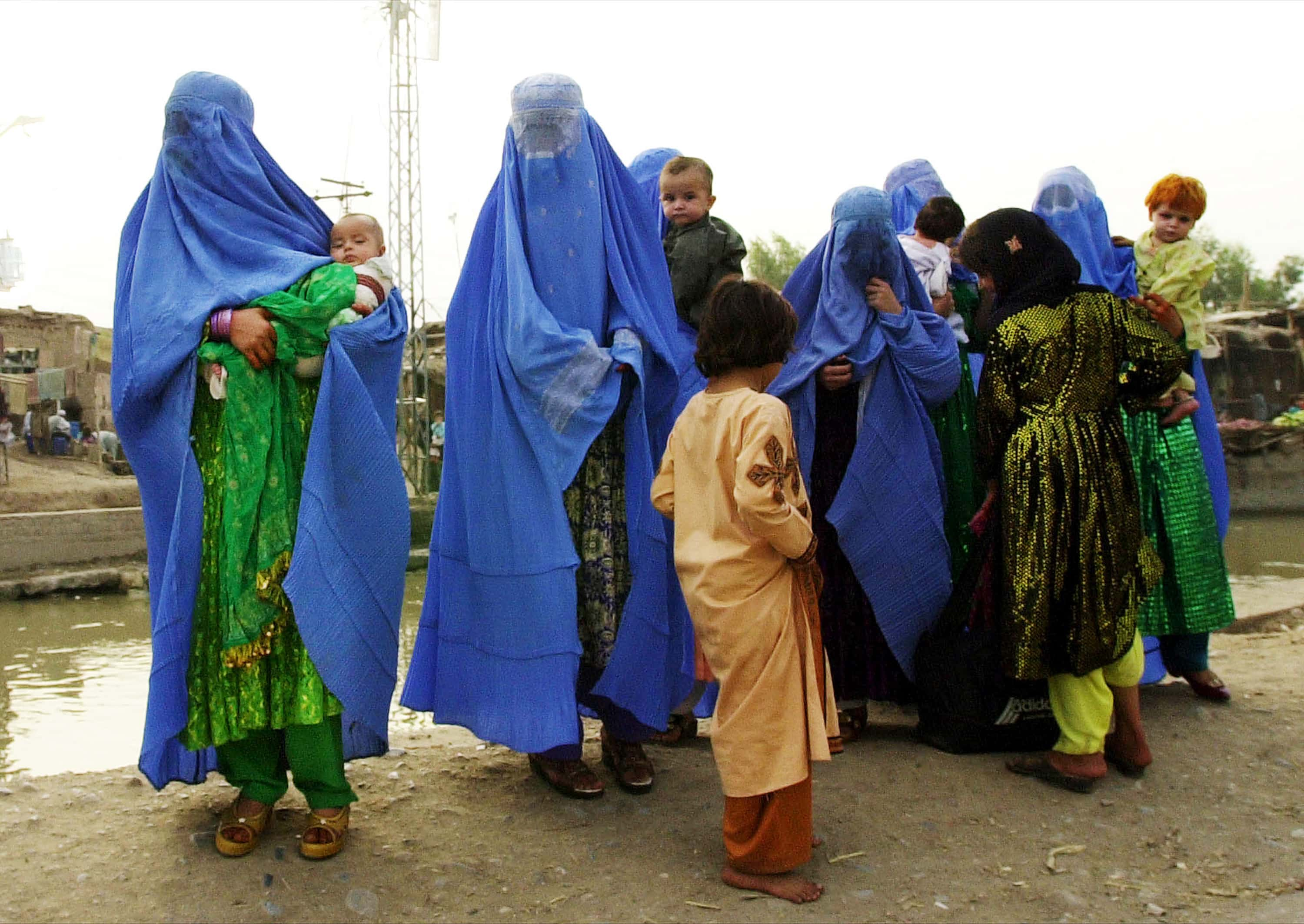Is Taliban 2.0 any different? 'Horrifying reasons' Afghan women are terrified of group's return

Although the general population of Afghanistan did anticipate their country's fall at the hands of the Taliban eventually, what they couldn't guess in their worst nightmares is the speed by which the 'terror militant' group took over. As world leaders stood as still bystanders, the Taliban forced Afghanistan president Ashraf Ghani to flee the country and seized the presidential palace. Taliban makes a return in Afghanistan after two decades and in a new 'governing avatar', 'promises' Afghan women and girls 'their honor and equal rights'. However, reports from different parts of the country as the Taliban takes over the governance tell a different tale altogether.
The Taliban 2.0 in a media release on August 17 promised women and girls that their 'honour and lives are safe and they will be able to work and go to university'. It is important to note here that women's right to work and study both were prohibited under Taliban rule in Afghanistan between 1996 and 2001. A Taliban spokesperson told Sky News that women in Afghanistan will continue to exercise the right to be educated up to university level and continue work. He further added that 'thousands' of schools would continue to educate girls and noted that the group announced a 'general amnesty' for those who previously worked in the Afghan government, saying 'their properties will be saved and their honour and their lives are safe.'
RELATED ARTICLES
Taliban shows off US-made military helicopters, weapons captured at Kandahar from Afghan army
Who is Ashraf Ghani's wife? Coward Afghan prez flees to Oman with helicopter full of cash
Taliban's seemingly liberal stance towards the female population of Afghanistan comes in the face of various reports of women and girls 'taken as sex slaves', or 'killed for protesting' pouring in from all over the country. Whether this is just a strategy to downplay their widespread fears about its oppression of women, or Taliban 2.0 has really 'changed for good', only time will tell. Here's a glimpse of Afghan women's lives during the 1996-2001 reign of Taiban and the reasons why they're afraid of Taiban's return.

Sex Slavery
In July, Taliban leaders took control of the Afghan provinces of Badakhshan and Takhar, afterwards, they issued an order to local religious leaders to provide them with a list of girls over the age of 15 and widows under the age of 45 for ’marriage’ with Taliban fighters. Although, it is not known if they've complied but if these forced marriages do take place, it wouldn't be a matter of time when this ill practice engulfs all of the Taliban controlled areas. This is just one harsh reminder of their brutal 1996-2001 regime. The militant group offers ‘wives’ to lure militants to join the Taliban and thousands of women including underage girls are forced into sexual slavery.
Access to education
During the Taliban's last regime, women were subjected to persistent human rights violations, including having denied access to employment and education, forced to wear the 'Burqa' and being forbidden from leaving home without a ‘mahram’ or a male guardian. Afghan women are on the verge of losing all the advancement they have made for over 20 years. A Kabul University student, Rukhsar, 22 told DailyMail in a video, "I am disheartened by the recent situation and advance of the Taliban because I have been sitting at home and worrying about my future. I have dreamed of doing a lot of things in my life but now everything has been stopped suddenly. Everything has changed in a flash of light. I don't know about my future now and the international community have turned their faces away from us. This is our right to go to university and to do work in the offices."

Zabihullah Mujahid, a spokesman for the Taliban assured in a statement on Tuesday, August 17 that the militant group is "committed to the rights of women under the system of sharia (Islamic) law," but emphasized that they could work and study "within our frameworks." "They are going to be working shoulder to shoulder with us. We would like to assure the international community that there will be no discrimination," he said.
What is Shariah law?
'Shariah' law or Islamic law is a religious law forming part of the Islamic tradition. It is basically Islam's legal system, which acts as a code for living that all Muslims should adhere to. Some of the 'Shariah' rules that Muslim women are expected to abide by include not going out on streets without a 'Burqa' or the company of a male blood relative, prohibited to wear high heels, prohibited from having their pictures taken, filmed, or displayed in newspapers or books or in stores or at home, prohibited to appear on their balconies, prohibited from appearing on radio, television, or in any public gathering, no education for girls over 12 years of age and many more. If the reports are to be believed, a young woman was recently killed by the Taliban for wearing tight clothes and not being accompanied by a male relative in Afghanistan’s northern Balkh province recently.

These are just a few of the directives, which remind of the tyranny of the Taliban not only over Afghanistan as a country but also on the lives of millions of Afghan women. 20 years later when the Taliban has returned with a lot of 'promises of change', the fate of Afghan women is a tale that only time will tell.










